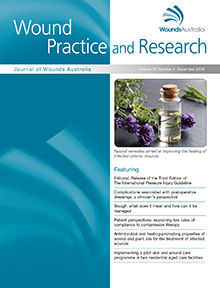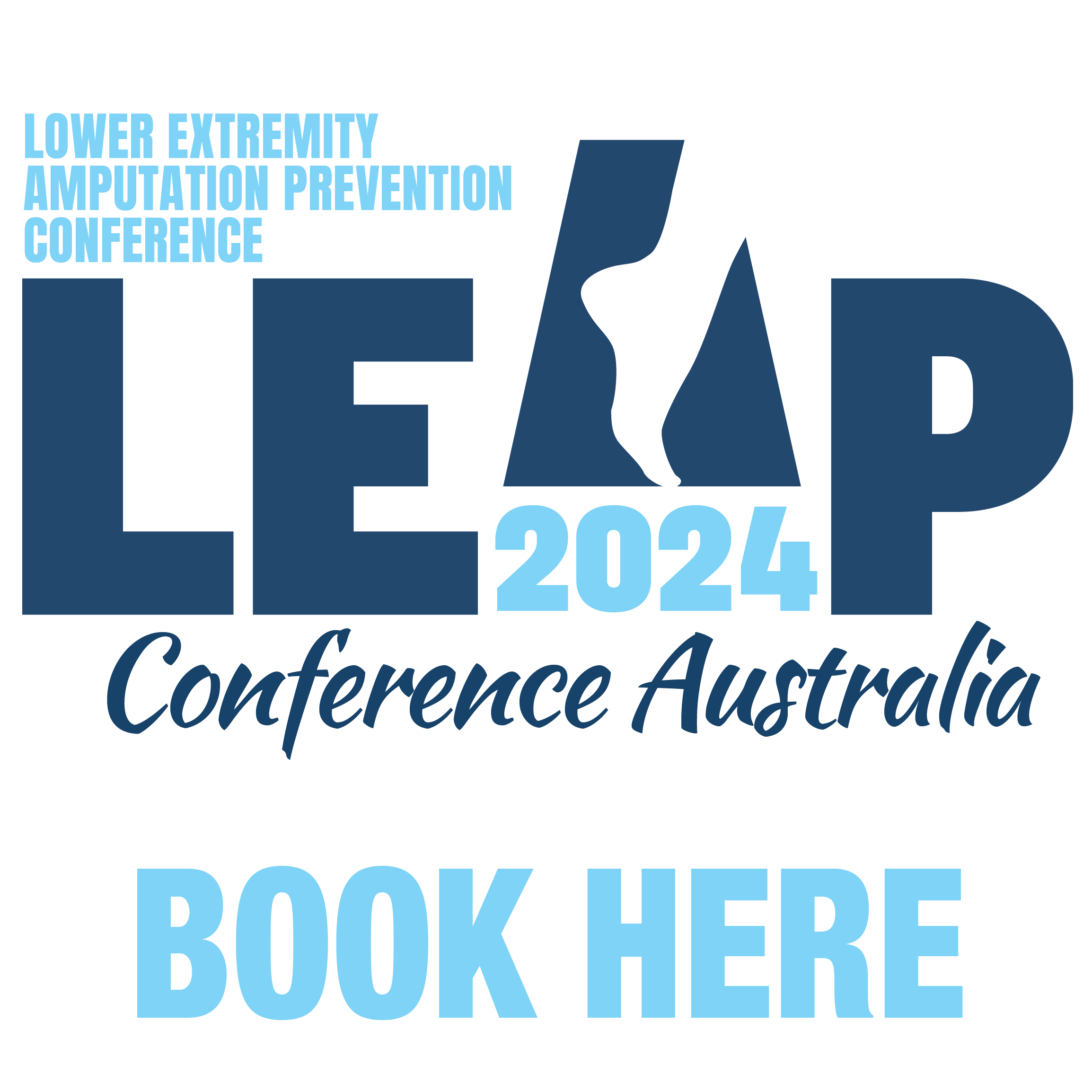Background Medical adhesive-related skin injuries (MARSI) are a relatively new category of skin trauma recognised to occur in postoperative settings. Protecting against MARSI is important since they may impact negatively on patient outcomes and significantly add to the cost of treatment. Despite this, evidence to guide best practice in postoperative wound care dressings is limited. In this study we therefore aim to quantify clinicians’ perceptions of the frequency and severity of postoperative MARSI.
Method Australian clinicians with experience of working with postoperative wounds in the past 12 months completed an anonymous online questionnaire.
Results Over a quarter (27%) of patients with postoperative wounds were estimated to have experienced a MARSI over the past 12 months. Complications were least likely to be associated with silicone adhesives and were most frequently associated with polyurethanes and acrylates. The most frequent complication observed was pain.
Conclusion Whilst it is reassuring that complications are less likely to be associated with silicone, a commonly used dressing adhesive, it is of concern that two other frequently used adhesives – acrylates and polyurethanes – have the highest association of complications. Shifting to using more silicone adhesives could reduce the economic burden of postoperative complications and improve patient outcomes by reducing MARSI-associated pain.
What is already known on this topic
Complications from the effective management of surgical wounds may arise from the dressing itself, particularly the adhesive used to keep the dressing on the skin, although the exact nature and extent of these is still to be investigated. Whilst our understanding of MARSI is emerging, the evidence to preference the use of one wound dressing over another is limited. Given the potential human and economic costs of postoperative complications, it is important that the nature of surgical site healing complications related to different dressing types continues to be investigated.
What this manuscript contributes
This paper reports the observations of Australian clinicians – predominantly nurses – involved in postoperative wound care. Importantly, our findings provide estimates of:
- The extent of MARSI for postoperative wounds in Australia.
- The most common types of MARSI seen in postoperative wound care.
- The type of complication associated with different adhesives.




